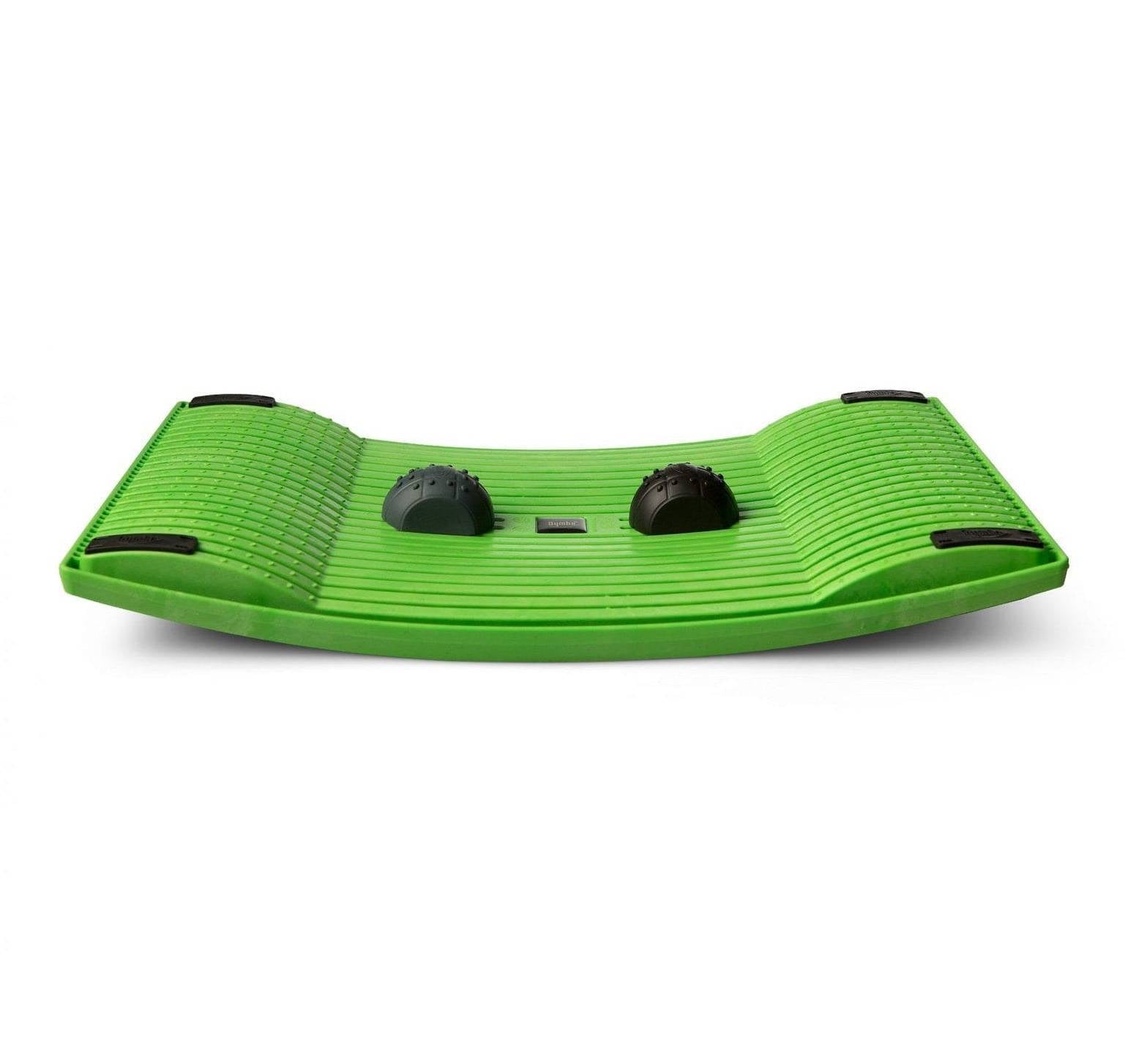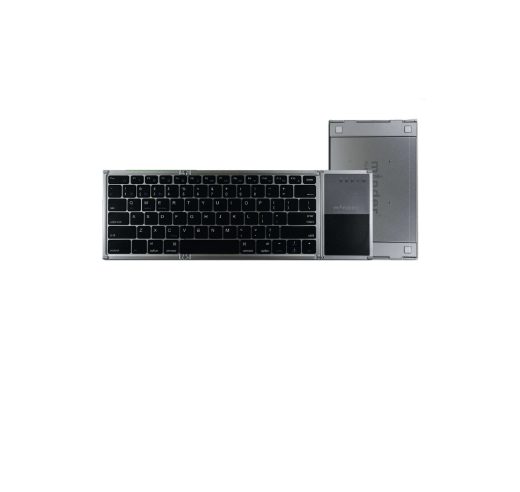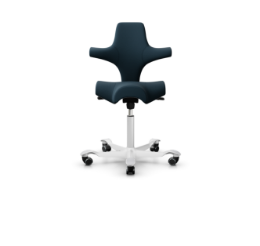March 8, 2023
Clearing the Chaos
Clearing The Chaos: How Decluttering Can Change Your Life
By: Lauren O'Brien Mbae, MBA, NBC-HWC
Clutter. That pile of mail on the counter you keep meaning to comb through, that “Inbox (3278)” that glares back at you on the computer screen, or that section of clothing that you tell yourself will fit one day… Did any of these hit a little bit too close to home? If you feel overwhelmed by all of your “things” or all your “to-dos” you might be one of four Americans who have a clutter problem.
Clutter: So Much More Than "Stuff"
So, what exactly is clutter? According to Joseph Ferrari, a professor of psychology at DePaul University in Chicago who studies the causes of clutter and its impact on emotional well being, “clutter is an overabundance of possessions that collectively create chaotic and disorderly living spaces.”(1) Note that clutter doesn’t have to be only physical possessions. According to Kerry Thomas, professional organizer and speaker, there are five types of clutter:
1. Physical Clutter: Garages packed with boxes, closets so full clothes are spilling out, storage units that are basically museums with all the antiques. This is what is most often thought of as clutter.
2. Digital Clutter: Digital clutter can be thousands of unread emails or a computer filled with unorganized files.
3. Mental Clutter: Thomas says this could be your fears, your to-do list, what’s happening in the world, or anything else filling space in your head at night.
4. Emotional Clutter: This is considered to be “negative patterns and beliefs you don’t even realize that you’re carrying around” and can include “can’t statements” like “I can’t lose weight.”
5. Spiritual Clutter: Thomas says spiritual clutter is “a lack of forgiveness or lack of peace.” (2)
Clutter's Mental and Physical Impact
There is more and more research revealing the immense negative impact clutter can have on one’s mental and physical wellbeing. The average home contains 300,000 items and 84 percent of Americans worry that their homes aren’t organized enough, with 55 percent of those Americans saying it’s also a big cause of stress in their lives. (3)
Having a lot of “stuff” might not seem like a huge issue when it comes to all the complexities in the world, but research shows that disorganization has a cumulative effect on the brain. A cluttered home can set off a chain reaction, causing more and more mental and physical damage as it continues to go unresolved. Our brains want order and the visual distraction of clutter can overload the brain, resulting in anxiety, poor/less sleep, and/or the inability to focus. This can then lead to less productivity and trigger coping and avoidance methods like eating unhealthy snacks (4). And the kicker is that once clutter triggers these negative emotions, it makes the person less interested or motivated to fix it. The list of things “to do” grows too big, increasing guilt, stress, negative self-talk, and even depression, which then makes it even harder to tackle the clutter.
According to Libby (Elizabeth) Sander, Assistant Professor of Organizational Behavior, at Bond University, our physical environments can significantly influence our emotions and resulting behaviors. She also states that a chronically cluttered home can result in a constant fight or flight response, which is incredibly tiring for our bodies. And, all that work on the body can then make it hard for the body to fight illness and even digest food, which can open the door to an increased risk of type 2 diabetes and heart disease.
Does This Clutter Make Me Look Fat?
There is ample evidence that indicates a link between clutter and obesity. A study from Florida State University in 2014 showed that those living in extremely cluttered environments are 77% more likely to be overweight. Three years later a study was performed where half the participants were placed in a disorganized and messy environment and the other half of the group was placed in a tidy kitchen. The group in the cluttered room ate twice as many cookies as the “clean kitchen” group (5).
Another cause of weight gain can be stress. And, you guessed it, clutter causes stress. When the body is overly stressed, the body produces the stress hormone, cortisol. Cortisol causes not only weight gain, but also where that weight is distributed in the body (abdomen). Unfortunately, weight gain seems to be yet another possible result of clutter.
Clear The Clutter
Before you go on an epic clean-out mission, there are some important tips and tricks to know before tackling that clutter. The first biggest and most important tip is do not try or plan on conquering all the clutter at once. Allocate 5 minutes per day and focus on ONE area or project. A “declutter list” can be helpful too, listing out the different projects you would like to work on. It can also be helpful to categorize your clutter. Certain kinds of clutter can be more challenging to sort or toss. Rubbish clutter is probably the easiest clutter to begin with. This is clutter that is obviously garbage. Sentimental clutter such as mementos, baby clothes, or old letters can be the hardest type of clutter to let go. Chrissy from Organize My House advises clients to try not to associate the physical item with the memory - just because the item is gone, doesn’t mean the memory disappeared. Another option is to take a picture of the item and create a picture book!
Another difficult type of clutter to toss is Aspirational Clutter. You know that pair of jeans in the back of your closet that you swear you’ll fit into one day? That’s aspirational clutter. These items aren’t currently needed or used but we don’t want to get rid of them “in case” or “what if.” This type of clutter requires a lot of introspection, because it’s time to get real with yourself here. WHY are you holding onto this? Does looking at it create negative self-talk? Then it’s probably time to toss it.(6)
Clutter is like playing hide-and-seek with your sanity, but the mess is always winning. Clearing clutter from your life, whether physical, digital, emotional, etc, will only improve your mental and physical well-being. While clutter may seem like a harmless accumulation of possessions, the negative impact it can have on our mental health is a clear indication that it’s time to let go!
Sources:
[1] Beau, E. L. (2019, January 3). The unbearable heaviness of Clutter. The New York Times. Retrieved March 2, 2023, from https://www.nytimes.com/2019/01/03/well/mind/clutter-stress-procrastination-psychology.html
[2] The 5 Types of Clutter That Are Destroying Your Peace of Mind. https://www.inc.com/jessica-stillman/the-5-types-of-clutter-that-are-destroying-your-peace-of-mind.html
[3] Chatzky, Jean. “One in Four Americans Has a Clutter Problem — and Could Be Sitting on Some Serious Cash.” NBC News, NBC News, 31 May 2017, www.nbcnews.com/business/personal-finance/one-four-americans-has-clutter-problem-could-be-sitting-some-n766681.
[4] What does clutter do to your brain and body? NewsGP. (n.d.). Retrieved March 2, 2023, from https://www1.racgp.org.au/newsgp/clinical/what-does-clutter-do-to-your-brain-and-body#:~:text=Clutter%20can%20affect%20our%20anxiety,other%20people%20decluttering%20their%20lives)
[5] Vartanian, L., Kernan, K., & Wansink, B. (2016, January 7). Clutter, Chaos, and overconsumption: The role of mind-set in stressful and Chaotic Food Environments. SSRN. Retrieved March 2, 2023, from https://papers.ssrn.com/sol3/papers.cfm?abstract_id=2711870
[6] There are 14 different types of clutter - which do you have in your home? (here's what to do about each...). Organise My House. (2023, January 11). Retrieved March 2, 2023, from https://organisemyhouse.com/types-of-clutter/
Write or copy/paste Liquid code
Emp
Begin the journey to improving your posture, breathing, and overall wellness with the help of obVus. Our expertly designed live well and work well products are made to fit into your life with minimal effort needed.
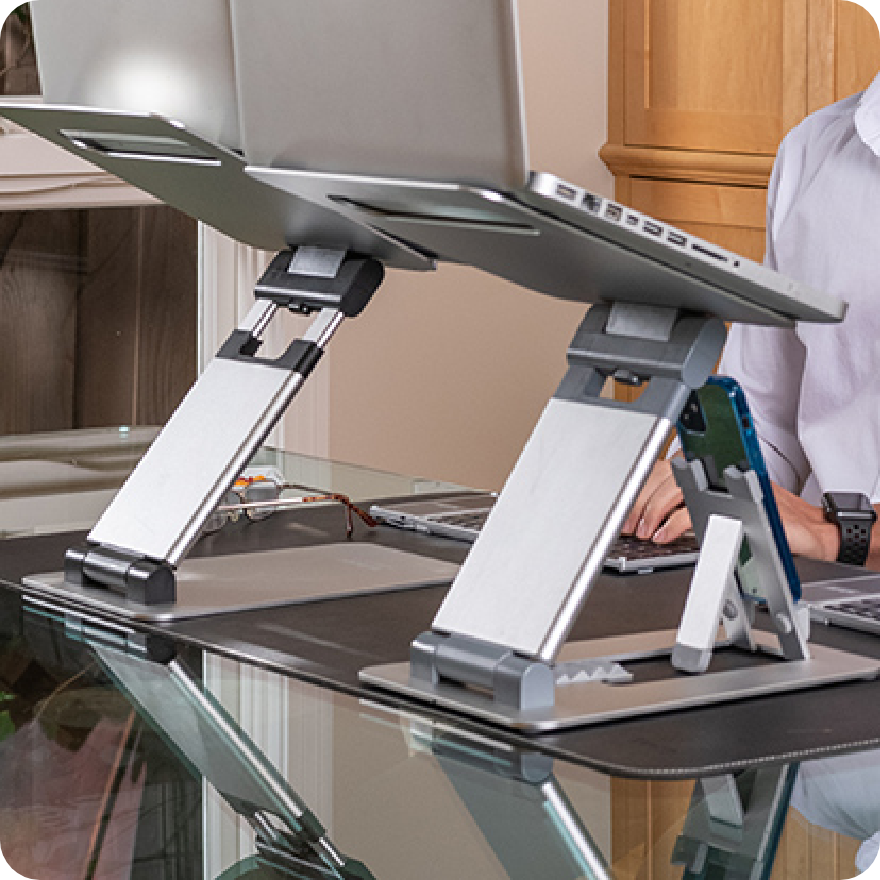
Ergonomic Accessories
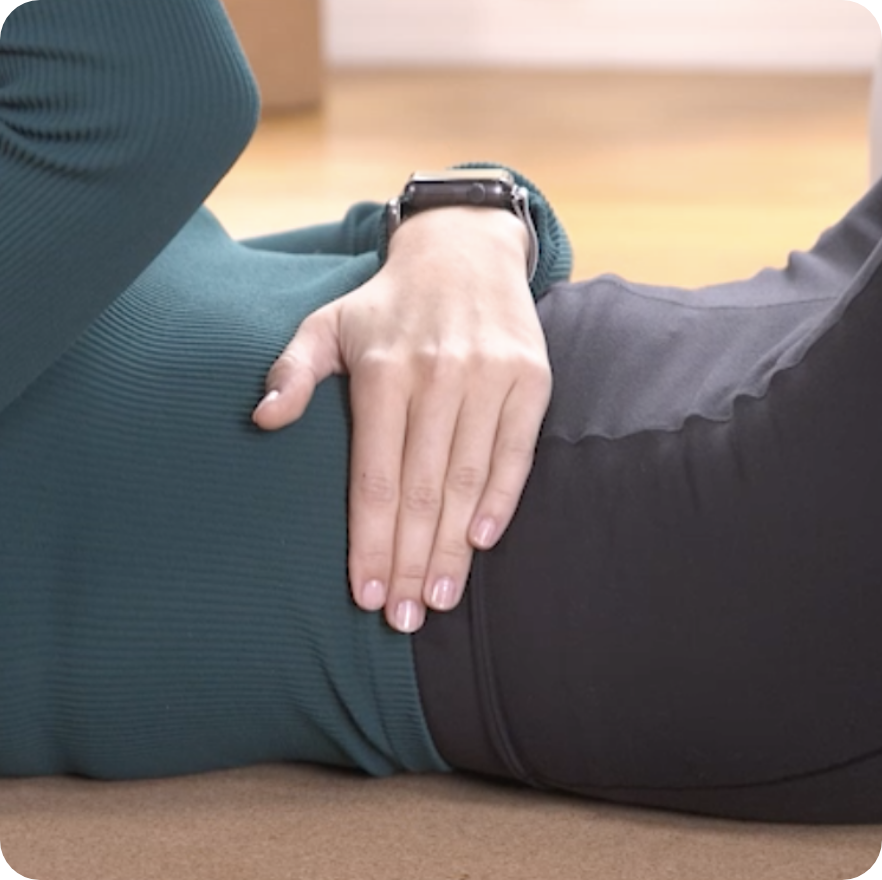
minder
App
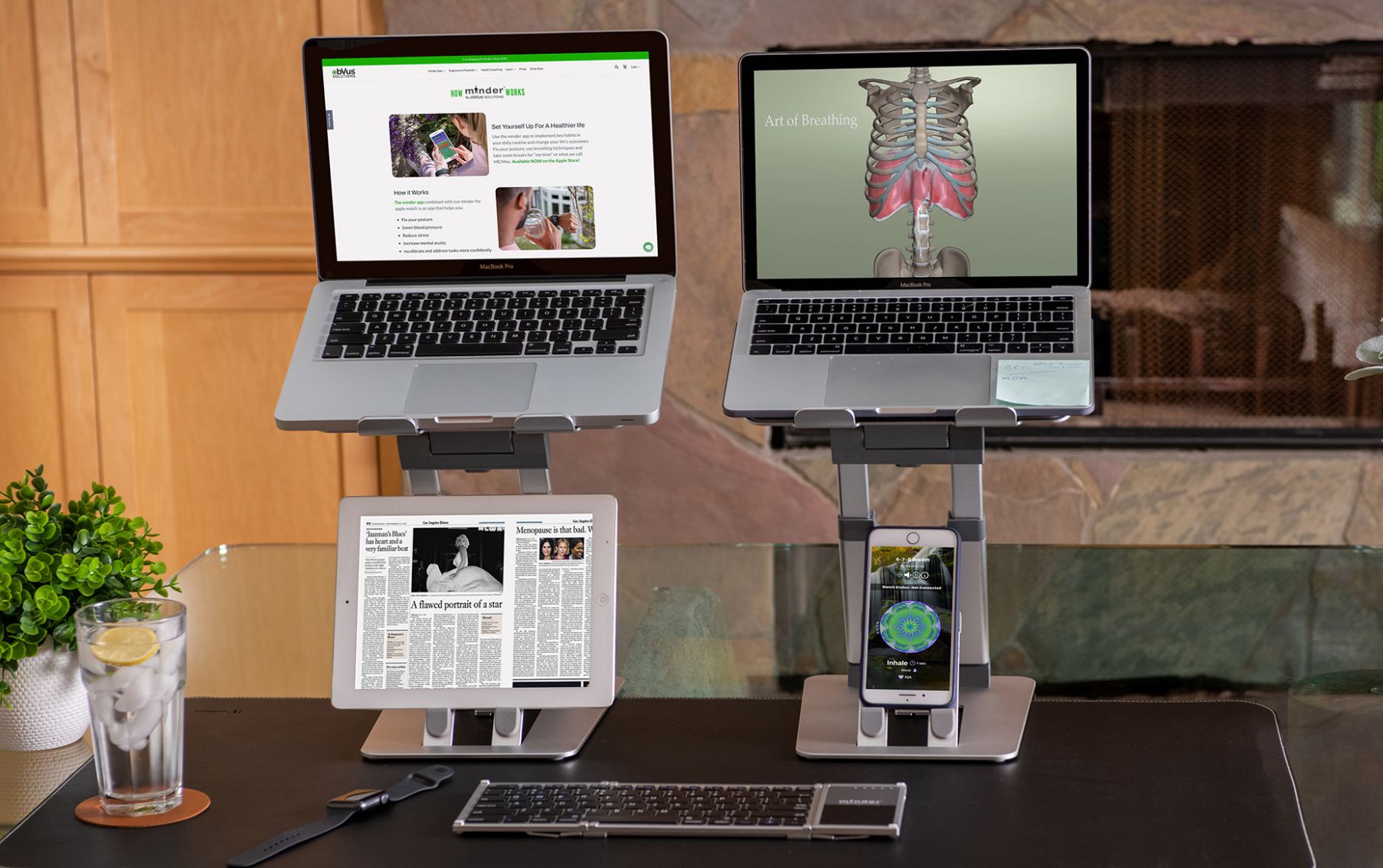
Blog
Learn more
about wellness
and mindful living



